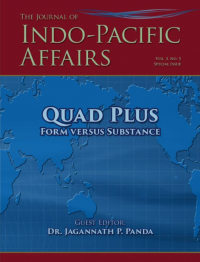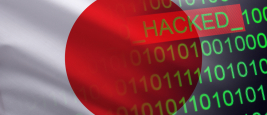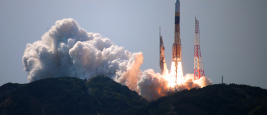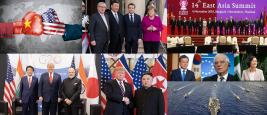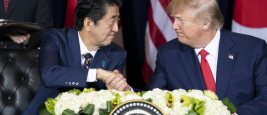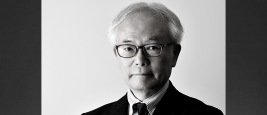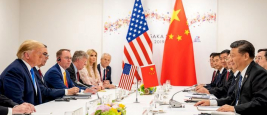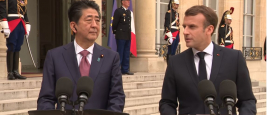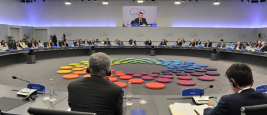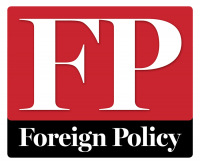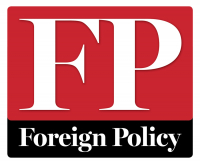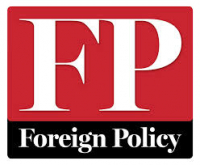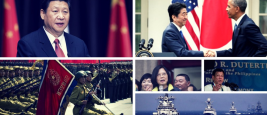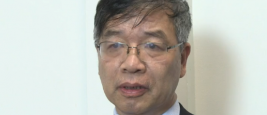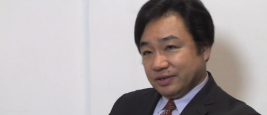In France, the launch of the Quad Plus raised little attention.

Japan
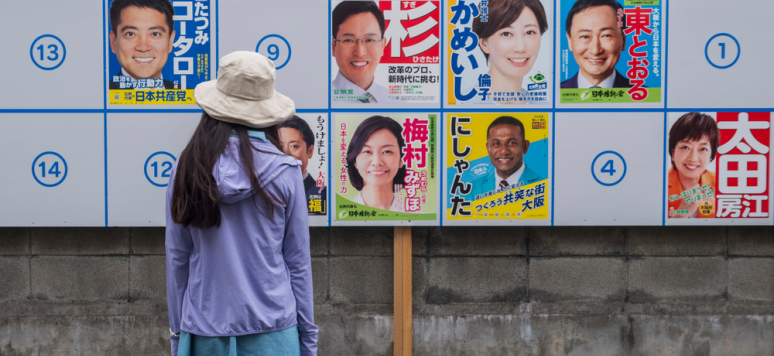
As the international system undergoes a major overhaul, Japan is emerging as one pillar of the multilateral rules-based order. Despite being often perceived as a declining country, it remains the world's third largest economy and, as a member of the RCEP, CP-TPP and the Japan-EU Economic Partnership Agreement, plays a key role in trade liberalization and norms shaping. In recent years, Tokyo has also demonstrated a proactive diplomacy, especially in the Indo-Pacific area where it is one of the core stakeholders. In this regard, Japan has become a major partner for Europe and for France.
Through its research activities, Ifri's Center for Asian Studies aims to provide a better understanding of Japan's action in the world and to foster the dialogue and cooperation between France and Japan.
Research Fellow, Head of Japan Research, Coordinator of the Program on Pacific Islands,
...
Research Fellow, Center for Asian Studies
...Senior Advisor, Center for Asian Studies
...In September 2020, the Ifri Center for Asian Studies held an online event on Japan’s cybersecurity strategy.
During his term in office (2012-2020), Prime Minister Shinzo Abe sought to demonstrate Japan's high level of interest in Africa, including by pledging a total of $ 60 billion in financial support at the 2013 and 2016 Tokyo International Conference on African Development (TICAD) summits and...
The COVID-19 crisis has made clear the importance of resilient supply chains and effective economic security.
The Asia-Africa Growth Corridor (AAGC), an Indian-Japanese collaborative vision regarding development, connectivity and cooperation between Asia and Africa, was announced in 2017.
With the resignation of Prime Minister Abe, the future of Japan’s Free and Open Indo-Pacific strategy has been called into question. Abe was indeed one of the key architects of this vision<...>
Japan’s Space Program: Shifting Away from “Non-Offensive” Purposes? Asie.Visions, No. 115, July 2020
Japan’s space program has evolved greatly since the end of the Cold War, driven by a rapidly changing geopolitical environment and tailored by the emergence of an “intra-alliance hedging strategy”.
This essay offers a general assessment of Japan’s performance in the 2019 G20 and G7 Summits, held respectively in Osaka, Japan and Biarritz, France and looks at how Tokyo coordinated with its European partners (The European Union (EU) institutions and the EU Member States) in these...
In February 2020, the Ifri Center for Asian Studies and the Research Institute for Peace and Security (RIPS) held a conference on the Asian security environment.
The multilateral trading system under the World Trade Organization (WTO) has been of the utmost importance for Japan’s trade policy.
Rethinking Economic Security in the (Post) COVID-19 World
The COVID-19 crisis has highlighted the risks of an excessive dependence on one single economic partner.
Conversation on Technological Change and its Implications, with Audrey Tang, Digital Minister, Taiwan Videoconference
To conclude our webinar series on "Technological Revolution and Regional Order in East Asia", we will host Audrey Tang, Digital Minister of Taiwan, to discuss the scope of...
Technological Revolution and Regional Order in East Asia Webinar Series
Against an increasingly tense backdrop of geopolitical competition, a new wave of rapid technological change is likely to transform the regional landscape of East Asia.
Japan After Shinzo Abe: What Diplomatic Legacy? Videoconference
A videoconference around Tomohiko Taniguchi, Former Special Adviser to the Cabinet of Prime Minister of Japan Shinzo Abe and Prime Minister Abe’s primary foreign policy speechwriter.
Japan’s Cyber-Security Strategy: From the Olympics to the World
Hosting mega sports events like the Olympics raises a variety of challenges.
The New EU-Japan Partnership: What Lies Ahead? Conference
In December 2018, the EU-Japan Economic Partnership Agreement (EPA) and Strategic Partnership Agreement (SPA) were formally adopted, entering into force in February 2019 and opening an era of unprecedented cooperation between the two players.
The US-China Rivalry: Adjusting Strategies in Asia and Europe Conference
The deepening strategic rivalry between the United States and China has repositioned geopolitics at the center of the international system today.
The Franco-Japanese Cooperation in Africa after the G7 and TICAD 7
If some African countries are on their way to achieving dynamic economic growth, many are also still struggling with a lack of economic and social infrastructure, latent governance issues and often complex and risky security environments.
G7 / Think Tank7 Summit G7 Engagement Group
The Think Thank 7 (T7) is an engagement group that brings together the leading Think Tanks from the G7 countries in order to analyze and make recommendations on key issues of the G7 presidency.
Ahead of the G20 and G7 Summits: Debating Global Governance on Trade and Digital Affairs
This year Japan hosts the G20 Summit that will take place in Osaka on June 28-29 and France chairs the G7 Summit, to be held in Biarritz end of August.These two meetings will be of crucial importance, as multilateralism is undermined by unilateral and protectionist practices and new...
Tokyo is ramping up international partnerships and investments to offer an alternative to Beijing’s signature foreign-policy project. For the first time in 15 years, Japan’s foreign minister last month paid a visit to the tiny island nation of Sri Lanka, shepherding a dozens-strong delegation...
On Thursday, Japanese Prime Minister Shinzo Abe dissolved Japan’s parliament, the starting pistol for the snap elections he called a year early to get over a “national crisis.”
Japanese Prime Minister Shinzo Abe was the first foreign leader to meet with U.S. President-elect Donald Trump after his election. On Friday, Feb. 10, he will meet with President Trump, before spending the weekend at Mar-a-Lago in Florida.
Despite the political tensions that oppose Japan, China and South Korea, recent months have seen a certain rapprochement between Tokyo, Seoul and Beijing. The first trilateral summit in three years was held in November 2015.
Los actos que esta semana organiza China para conmemorar el 70 aniversario de su victoria ante Japón, coronados por un desfile militar en la plaza de Tiananmen, plantean un nuevo desafío a los lazos entre Pekín y Tokio, ya dañados en los últimos años por desavenencias históricas y...
Cet été marque le 70ème anniversaire de la fin de la deuxième guerre mondiale avec le largage des bombes atomiques sur Hiroshima et Nagasaki en Août 1945. Alors que les relations entre la Chine et la Corée du Sud sont au beau fixe, Pékin et Séoul entretiennent des rapports...
Disputed rocks and Beijing’s bad behavior in the South China Sea dominate the headlines these days. But there’s another showdown over disputed islands in the Pacific that is increasingly casting a shadow over Asia-Pacific security: a bitter fight between Japan and Russia over the Kurils...






